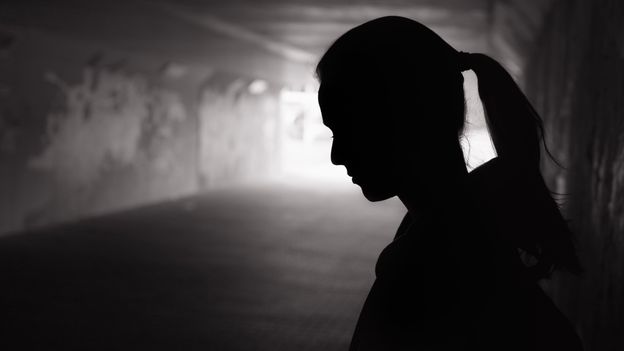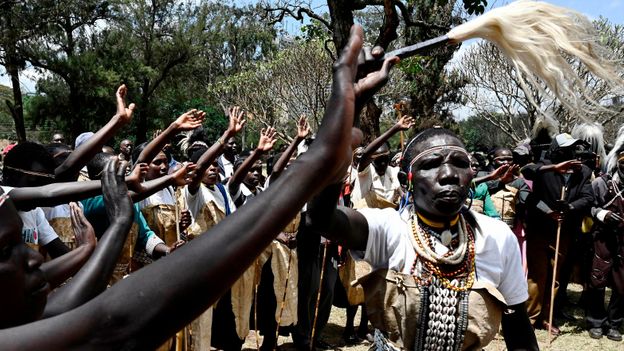Aarøe, for instance, has found that fear of disease can influence people’s attitudes to immigration. She emphasises this is part of the behavioural immune system’s “better safe than sorry” approach. “It’s a misinterpretation” of irrelevant cues that occurs “when the evolved mind meets the multiculturalism and ethnic diversity of modern times, which was not a recurrent phenomenon for most of our evolutionary history,” she says.
Coping with Covid-19
The influence of the behavioural immune system varies from individual to individual; not everyone would be affected to the same degree. “Some people have a particularly sensitive behavioural immune system that makes them react extra-strongly to things that they interpret as a potential infection risk,” says Aarøe. According to the research, those people would already be more respectful of social norms and more distrustful of outsiders than the average person, and an increased threat of disease would simply harden their positions.
We do not yet have any hard data on the ways that the coronavirus outbreak is changing our minds – but the theory of the behavioural immune system would certainly suggest that it’s probable. Yoel Inbar, at the University of Toronto, argues that it would be a relatively moderate shift in overall opinion across the population, rather than a huge lurch in social attitudes.
He found some evidence of social change during the 2014 Ebola epidemic, which became a fixation of the international news: in a sample of more than 200,000 people, implicit attitudes to gay men and lesbians appeared to dip slightly during the outbreak. “It was a natural experiment where people are reading about disease threats a lot, and it did look like it shifted attitudes a little.”
With the forthcoming US elections, it’s natural to question whether any of this might influence people’s preferences for different candidates or their reactions to certain policies. Schaller speculates that it could play a small role, though he is sceptical that it will be an overriding factor. “The more profound effects may not have anything to do with [the behavioural immune system] but more directly to do with the perception of just how well government officials are or are not responding to the situation,” he says.
Even if these psychological shifts do not change the result of the election at the national level, it is worth considering how they influence our own personal reactions to the coronavirus. Whether we are expressing a conformist opinion, judging another’s behaviour or trying to understand the value of different containment policies, we might question whether our thoughts are really the result of rational reasoning, or whether they might have been shaped by an ancient response that evolved millennia before the discovery of germ theory.
—
David Robson is the author of The Intelligence Trap, which examines the psychology of our most common reasoning errors and evidence-based strategies to improve our decision making. He is @d_a_robson on Twitter.
—
As an award-winning science site, BBC Future is committed to bringing you evidence-based analysis and myth-busting stories around the new coronavirus. You can read more of our Covid-19 coverage here.
—
Join one million Future fans by liking us on Facebook, or follow us on Twitter or Instagram.
If you liked this story, sign up for the weekly bbc.com features newsletter, called “The Essential List”. A handpicked selection of stories from BBC Future, Culture, Worklife, and Travel, delivered to your inbox every Friday.












